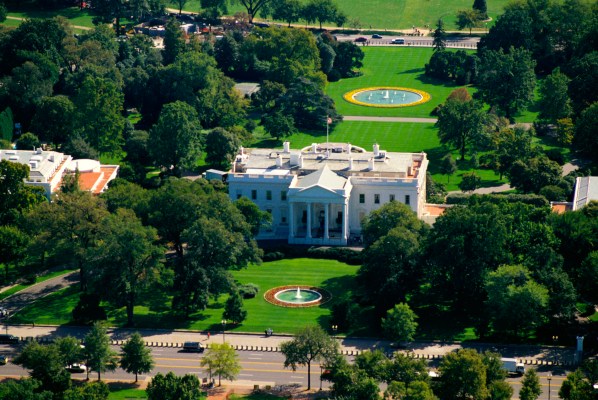The $10 billion, decade-long JEDI cloud contract drama continues. It’s a process that has been dogged by complaints, regulatory oversight and court cases. Throughout the months-long selection process, the Pentagon has repeatedly denied accusations that the contract was somehow written to make Amazon a favored vendor, but today The Washington Post reports President Trump has asked the newly appointed Defense Secretary, Mark T. Esper, to examine the process because of concerns over that very matter.
The Defense Department called for bids last year for a $10 billion, decade-long contract. From the beginning, Oracle in particular complained that the process favored Amazon. Even before the RFP process began Oracle executive Safra Catz took her concerns directly to the president, but at that time he did not intervene. Later, the company filed a complaint with the Government Accountability Office, which ruled that the procurement process was fair.
Finally, the company took the case to court, alleging that a person involved in defining the selection process had a conflict of interest, due to being an employee at Amazon before joining the DoD. That case was dismissed last month.
In April, the DoD named Microsoft and Amazon as the two finalists, and the winner was finally expected to be named some time this month. It appeared that we were close to the finish line, but now that the president has intervened at the 11th hour, it’s impossible to know what the outcome will be.
What we do know is that this is a pivotal project for the DoD, which is aimed at modernizing the U.S. military for the next decade and beyond. The fact is that the two finalists made perfect sense. They are the two market leaders, and each has tools, technologies and experience working with sensitive government contracts.
Amazon is the market leader, with 33% market share. Microsoft is No. 2, with 16%. The No. 3 vendor, Google, dropped out before the RFP process began. It is unclear at this point whether the president’s intervention will have any influence on the final decision, but The Washington Post reports it is an unusual departure from government procurement procedures.
